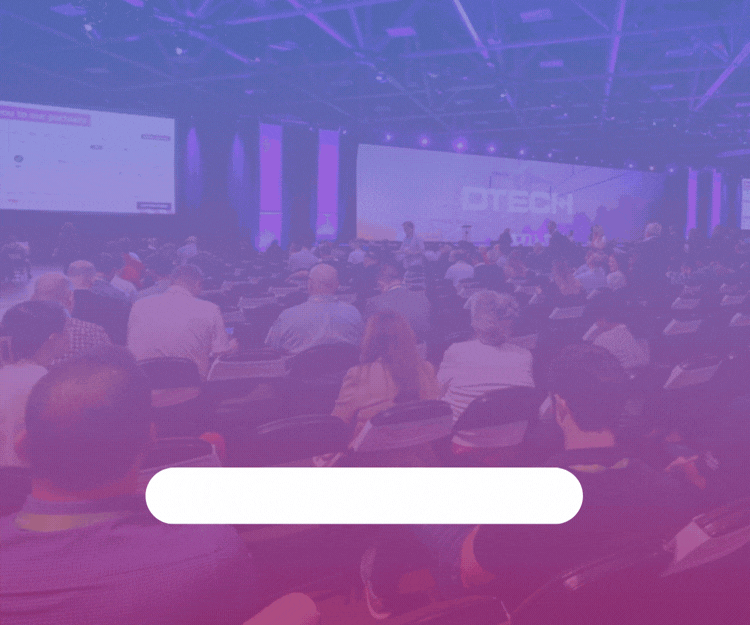The Internet of Things (IoT) has been widely embraced across industries and applications, with the vast majority (92%) of IT decision makers reporting that investing in IoT technologies is necessary to stay competitive in the marketplace. But businesses aren’t the only ones eyeing IoT for its myriad advantages; municipalities are, too.
In fact, many cities are recognizing the role that connected technologies can play in saving energy and solving other challenges they face. Here’s an overview of three ways in which IoT can make a dramatic difference in cities around the world - and in the lives of their citizens.
Safety first
Most city leaders would agree that all other matters are secondary to the safety and security of their citizens, making this a great place to start when considering implementing IoT. Unsurprisingly, research has shown that this is also the most popular use case from 2022, echoed by 87% of survey respondents stating that they’re keen to deploy the technology in these areas sometime in the next 18 months.
Streetlights are actually an ideal launching pad for a smart city that is just getting started. Smart streetlights can help lower energy consumption; hence, reducing carbon dioxide emissions, which ultimately leads to better air quality. Additionally, illuminating streets, walkways, landmarks and other infrastructure like bridges and tunnels with connected lights go a long way in keeping pedestrians safe as they move about a city.
Once a street lighting infrastructure is in place, cities can build upon a large, outdoor wireless communications network to add on other services and applications. A natural next step might be to increase smart surveillance through the use of sensors and other technology (such as gunshot detection). The data collected through such mechanisms can then be used by governments to help prevent crime and keep citizens safer.
More sustainable solutions
Of course, one of the most meaningful aspects of using IoT in an urban setting is to overcome the environmental challenges that are so often problematic in these areas. For one, outdated and inefficient lighting is the cause of as much as 50% of an average city’s entire energy bill. Using connected streetlights solves these challenges, reducing energy waste, CO2 emissions and excessive costs.
There are numerous other ways in which IoT can be used to support sustainability in cities around the globe. For instance, the City of London – the one-square-mile original portion of the international city which houses the financial headquarters of the United Kingdom – has deployed 15,000 connected streetlights, along with other applications for environmental purposes and monitoring lifebelts along the River Thames. A lot can be done to lower energy consumption and preserve the planet through IoT solutions.
Better traffic management
Finally, when most people think of cities, they often think of a few things: entertainment, excitement and… horrendous traffic. There’s nothing like bumper-to-bumper streets, limited parking, exhaust fumes and vehicle noise to put a damper on otherwise scenic, lovely cities. Whether residents or passers-by, government leaders want everyone in their towns to be able to enjoy the upsides without having to suffer through these downsides.
It’s no wonder, then, that traffic-related smart initiatives are on the rise, with smart parking seeing the largest uptick since 2017 (77% up from 57%). Connected traffic lights and controls are other areas in which there has been a big increase in investments (76% up from 58%), in addition to noise and air sensors (79% up from 62%) and electric vehicle charging (79% up from 66%). When cities use IoT to better manage traffic, they not only keep drivers safer, but they also help to reduce CO2 emissions and noise pollution, while improving traffic flow and parking.
IoT has the potential to solve countless urban challenges, and it’s exciting to see its impact already. As cities continue to adopt more and more smart solutions, our global connectedness and improved outcomes are sure to continue to rise as well.
 Phil Beecher is the president and CEO of Wi-SUN Alliance and a recognized global expert on wireless IoT
Phil Beecher is the president and CEO of Wi-SUN Alliance and a recognized global expert on wireless IoT







